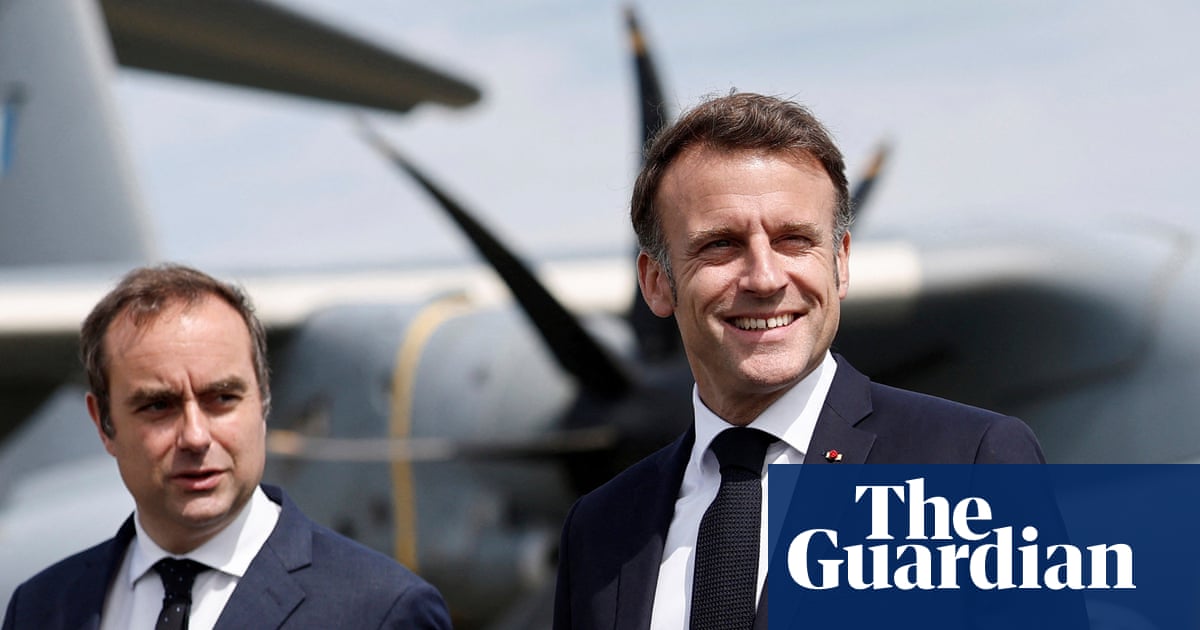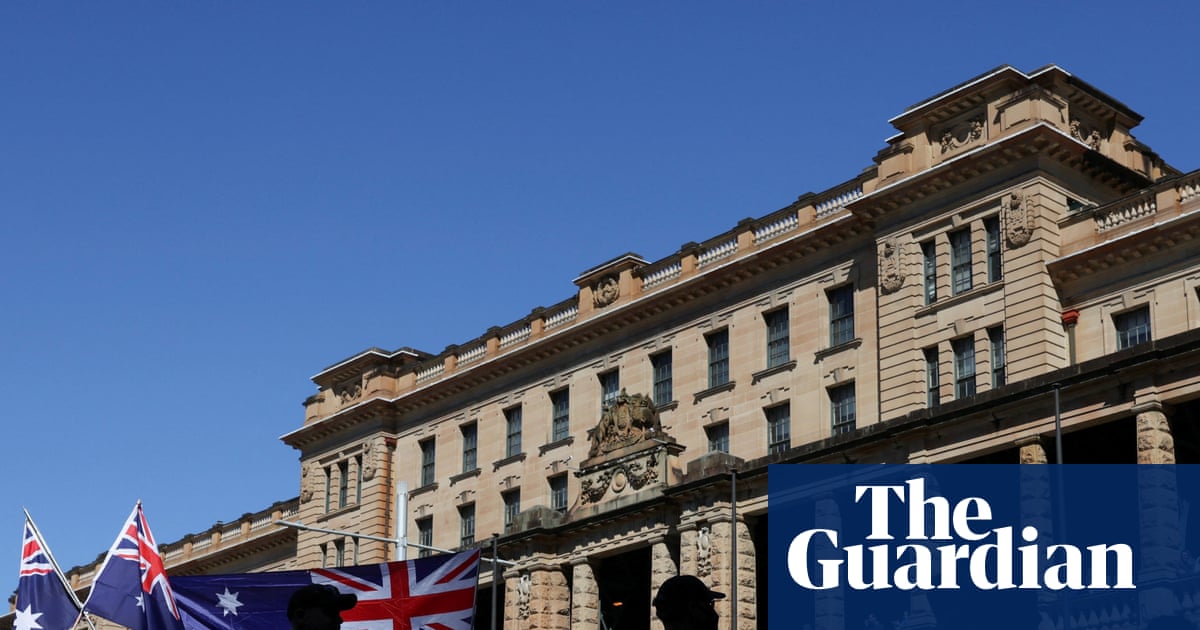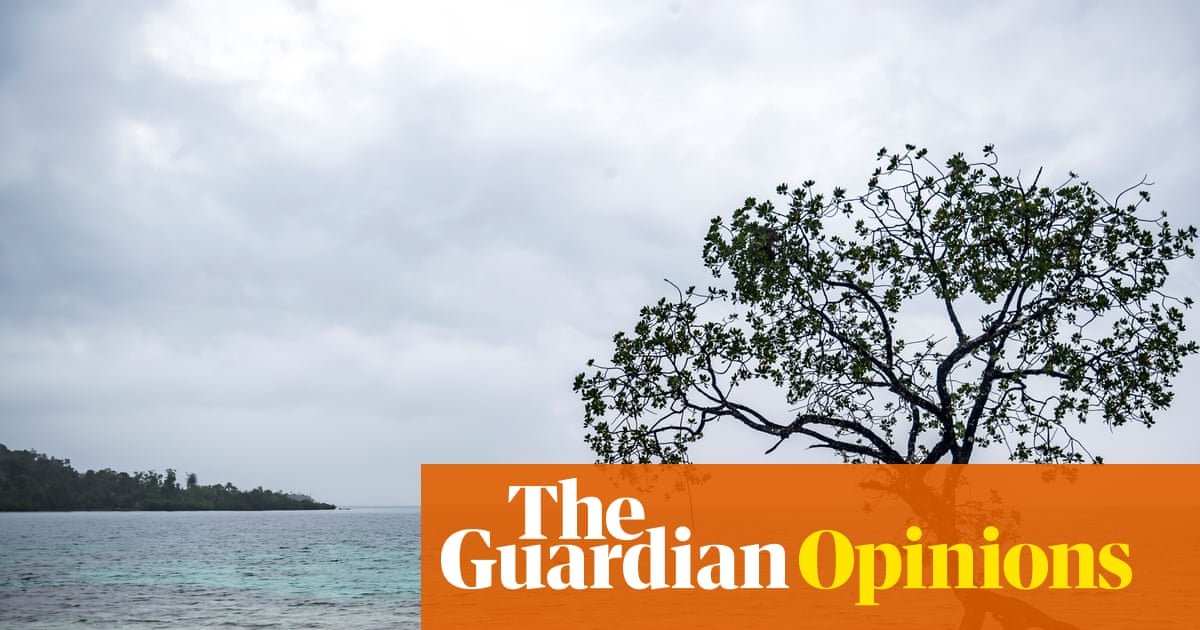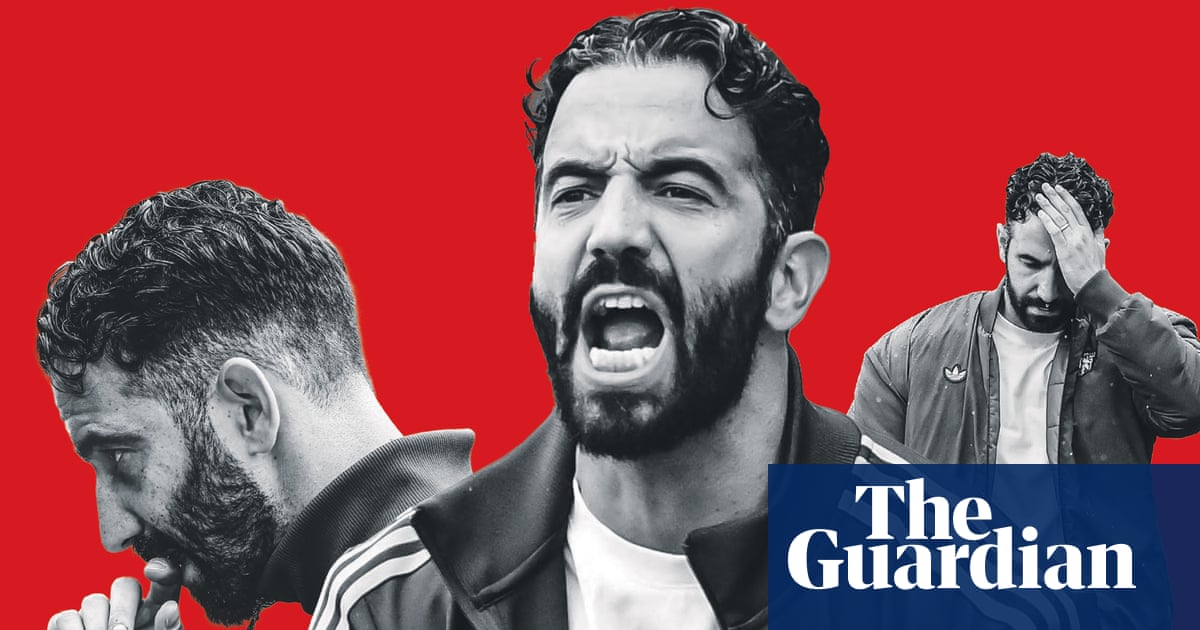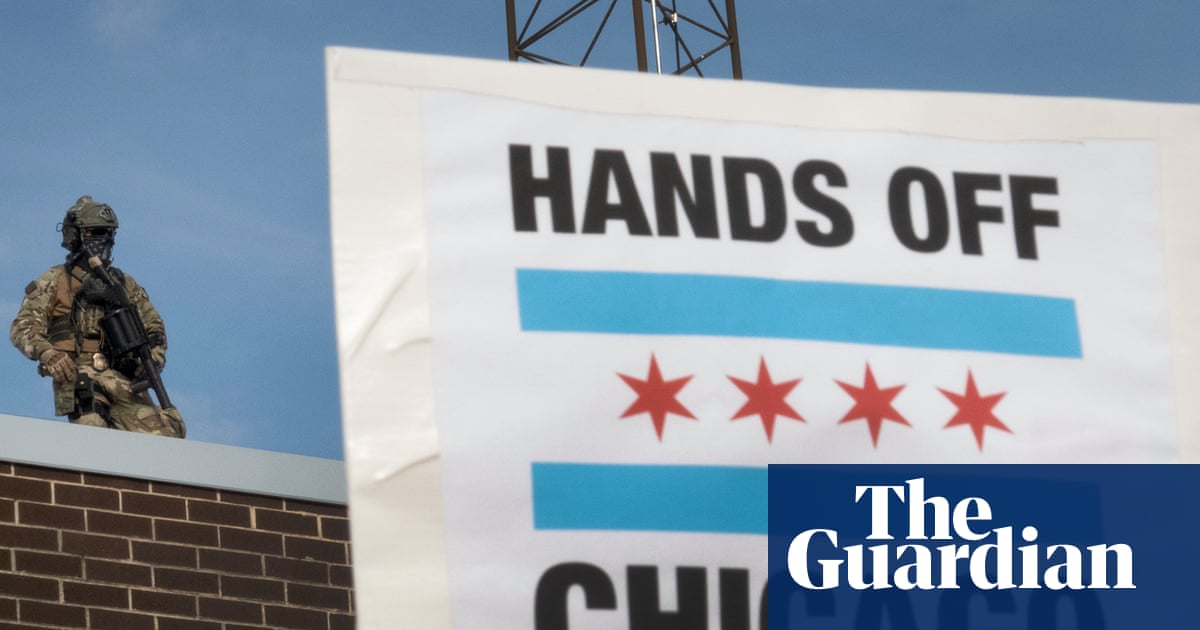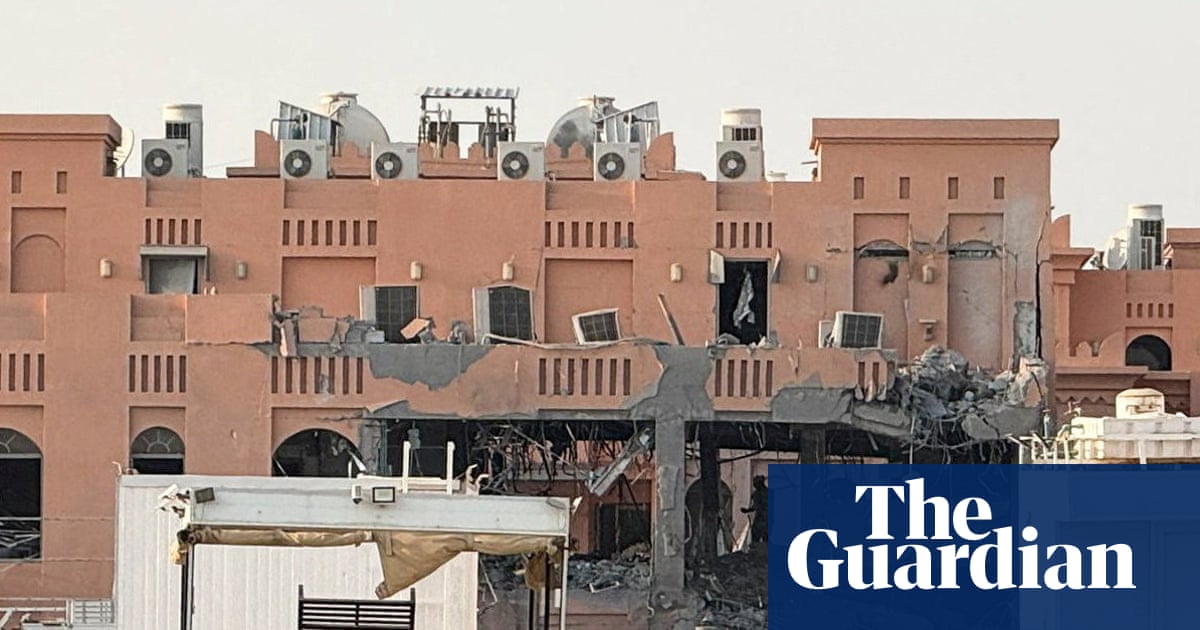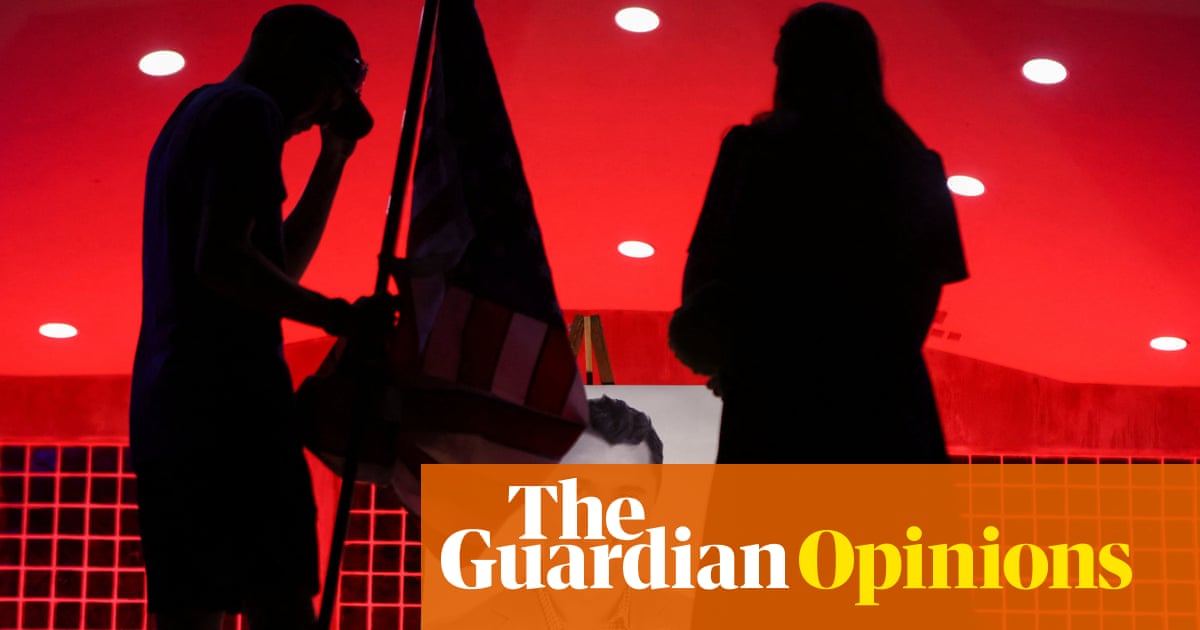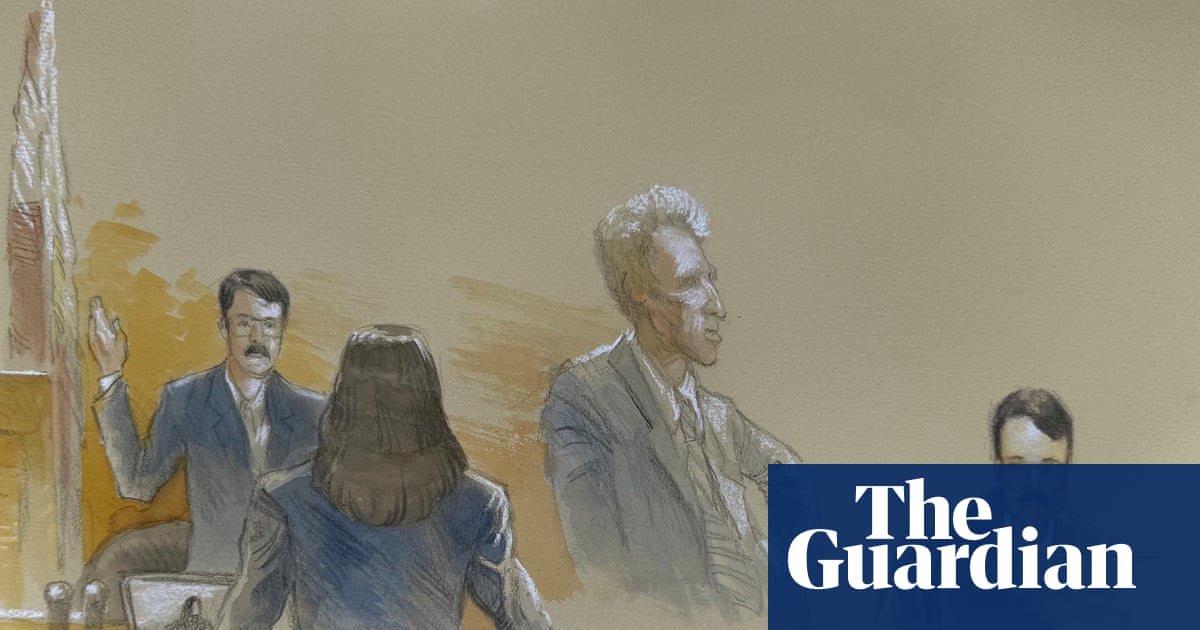A Kenyan police officer has appeared in court in connection with the death of a teacher in police custody in a case that has caused rage and protests and brought renewed scrutiny on the country’s security forces.
Constable James Mukhwana is the first police officer to be arrested over the death of Albert Ojwang, a secondary school teacher who was arrested on 6 June in Homa Bay county in western Kenya after criticising a senior police official on social media. After his arrest Ojwang was driven about 350km to Nairobi, where he died two days later.
Mukhwana was the cell sentry officer on duty the night Ojwang, 31, was brought to Central police station in Nairobi. His prosecution is the latest in what has become a fast-developing case.
Police originally said Ojwang had died “after hitting his head against a cell wall”, but an autopsy showed that his wounds – including a head injury, neck compression and multiple soft tissue injuries – were likely to have been a result of assault. “These were injuries that were externally inflicted,” said Dr Bernard Midia, who led a team of pathologists for the postmortem.
On Wednesday, Douglas Kanja, the inspector general of police, apologised on behalf of the police for saying Ojwang had died after hitting his head against a wall, saying that had been “misinformation”.
The Independent Policing Oversight Authority, a watchdog, has launched an investigation, which encompasses the actions of the officers who arrested Ojwang in Homa Bay County and took him to Nairobi. On Tuesday, the police spokesperson Michael Muchiri said five officers had been removed from active duty to “allow for transparent investigations”.
Ojwang’s death caused outrage online and protests in the capital, Nairobi, as people demanded accountability and called for the resignation of the deputy inspector general Eliud Kipkoech Lagat, the subject of Ojwang’s comments.
Police fired teargas on Monday to disperse protesters as they marched to the Central police station, then again on Thursday as protesters set vehicles ablaze.
Ojwang’s death rekindled persistent public rage against police brutality and other high-handedness in Kenya, where police are rarely convicted. It also came nearly a year after unprecedented protests that led to the killings of dozens of protesters and the disappearances and abductions of many more.
after newsletter promotion
Kenya’s president, William Ruto, said this week that Ojwang had died “at the hands of the police” and ordered the National Police Service to cooperate with the IPOA in the investigation. He said Ojwang’s death was “heartbreaking and unacceptable”, adding: “I strongly condemn the actions and omissions, including any negligence or outright criminality, that may have contributed to his untimely death.”
Ruto has in the past promised to stop extrajudicial killings by security apparatus, but activists and rights groups fault his administration for failing to stop it and even accuse it of concealing the crimes.

 3 months ago
45
3 months ago
45



